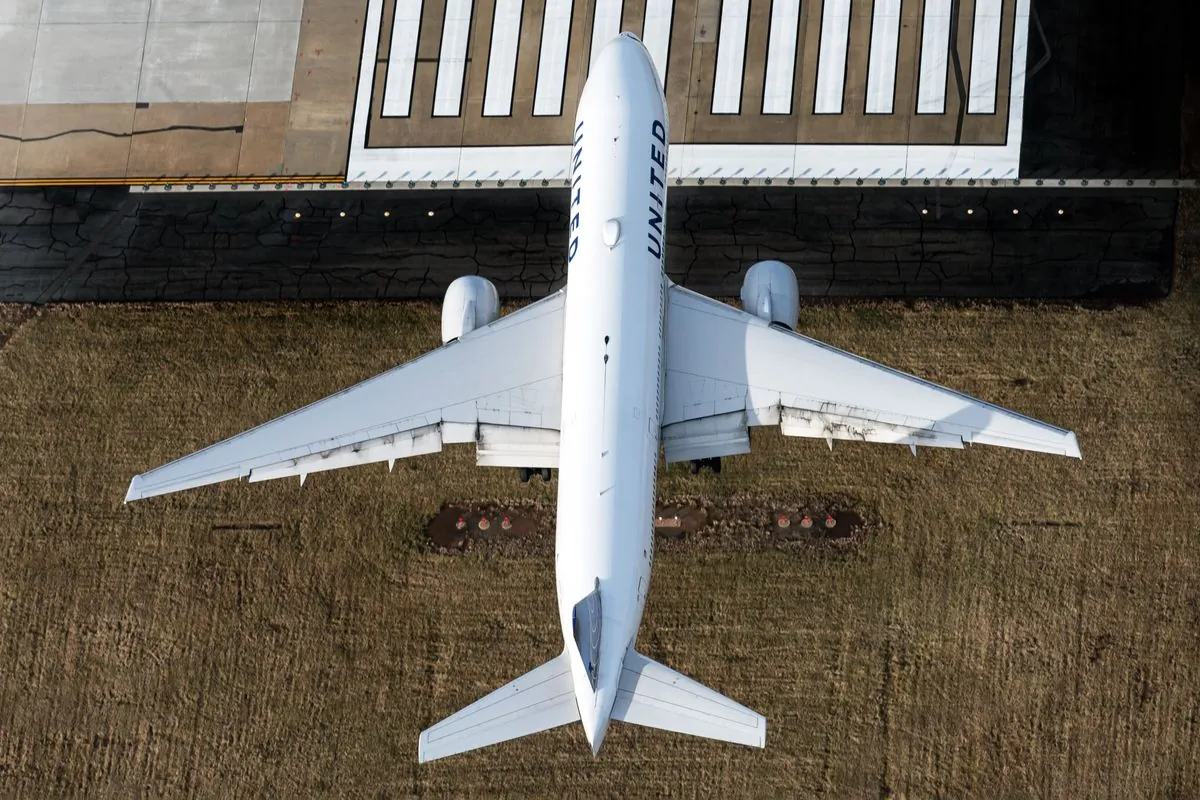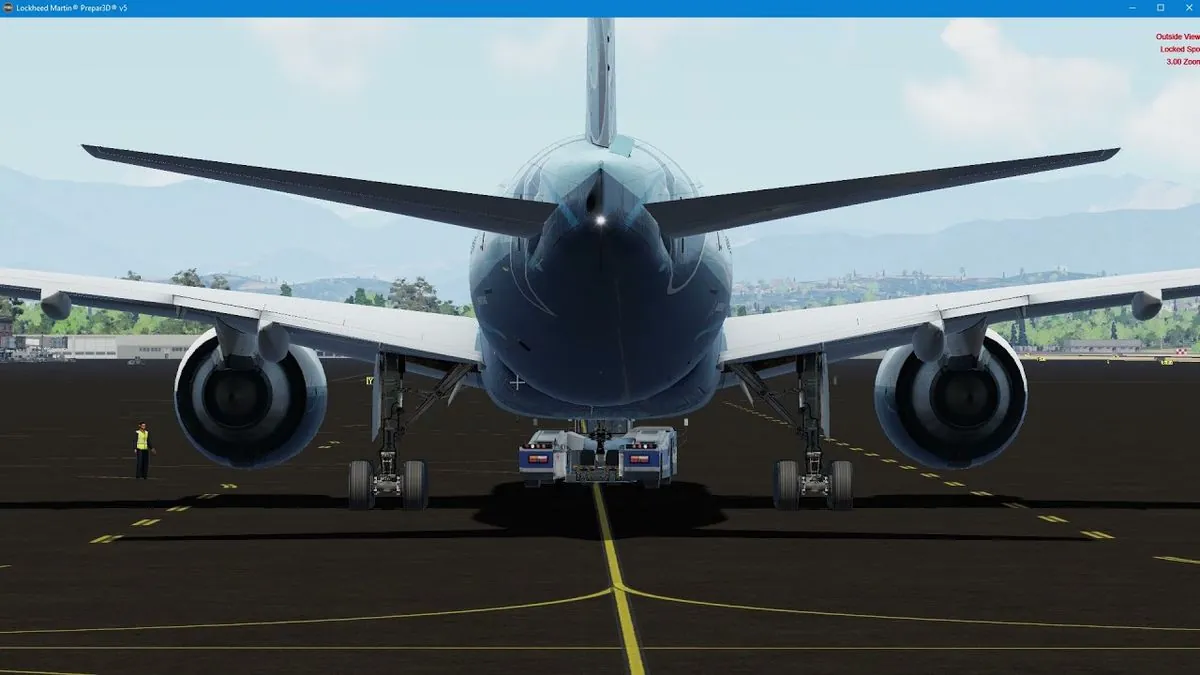Swiss Boeing 777 Makes Emergency Stop in Kazakhstan, Faces Ground Snag
A Swiss Air Lines Boeing 777 en route from Tokyo to Zurich made an unscheduled landing in Kazakhstan due to a medical emergency. Post-landing, the aircraft's nose wheel became stuck in grass, prompting an investigation.

On August 16, 2024, a Swiss International Air Lines Boeing 777-300ER encountered an unexpected series of events during its journey from Tokyo to Zurich. The aircraft, carrying 319 passengers, was forced to make an emergency landing in Kazakhstan due to a medical situation onboard.
The Boeing 777, often referred to as the "Triple Seven," is the world's largest twinjet, capable of accommodating up to 396 passengers in a three-class configuration. This particular model, the 777-300ER, is known for its extended range and higher maximum takeoff weight, making it suitable for long-haul flights like the Tokyo-Zurich route.
Upon landing in Kazakhstan, the world's largest landlocked country, the aircraft encountered an additional challenge. The nose wheel, crucial for ground steering, became trapped in the grass adjacent to the runway. This incident necessitated the use of towing equipment to reposition the plane onto the tarmac.

Swiss International Air Lines, Switzerland's flag carrier formed after the bankruptcy of Swissair in 2002, confirmed that none of the passengers were harmed during these events. The airline stated that the aircraft would undergo a thorough examination for potential damage.
Emergency landings, while concerning, are relatively infrequent, occurring in approximately 1 out of every 20,000 flights. However, when they do happen, they require precise handling and often lead to investigations to ensure passenger safety and improve future operations.
The incident is now subject to an investigation, likely to be conducted by relevant aviation safety authorities. Such investigations typically involve detailed analysis of flight data, crew actions, and aircraft systems to determine the cause of both the medical emergency and the subsequent ground incident.
As of August 17, 2024, Boeing, one of the world's largest aerospace companies founded in 1916, had not yet provided a comment on the situation. The company's response is anticipated, given the prominence of the 777 in its commercial aircraft lineup.
This event highlights the complexities of international air travel, involving multiple countries and their respective aviation infrastructures. Kazakhstan, for instance, boasts 18 airports with paved runways capable of handling international flights, providing crucial support for situations like this.
The incident also underscores the importance of aircraft maintenance and ground operations. Grass incursions, while seemingly minor, can potentially cause significant damage to aircraft components, necessitating thorough inspections before the plane can return to service.
As the investigation unfolds, the aviation community will be keen to learn any lessons that can be applied to enhance safety and operational procedures, ensuring that air travel remains one of the safest forms of transportation worldwide.


































